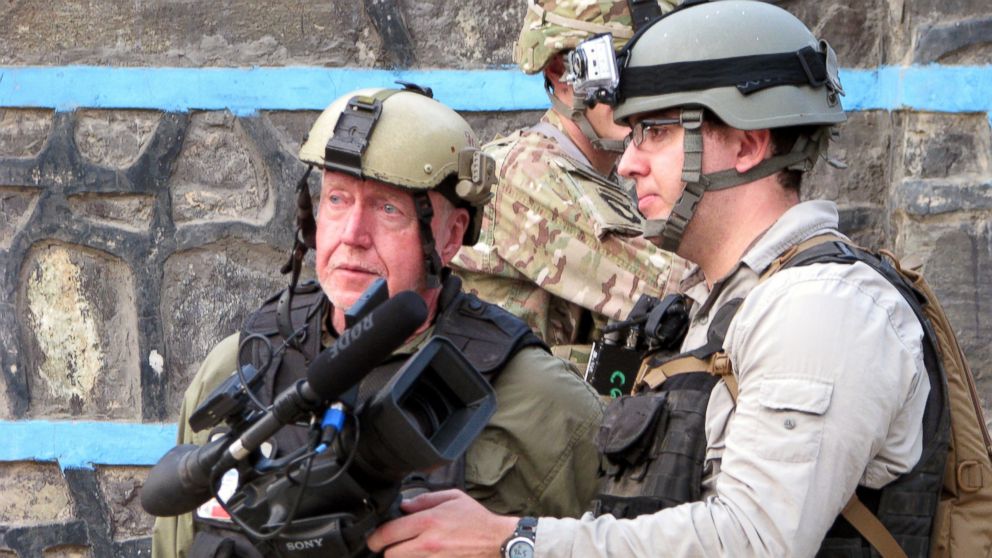Proclaiming End of Combat in Afghanistan Doesn't Necessarily Make It So
The outcome is now in the hands of the Afghan soldiers.

— -- Intelligence predicted we’d most likely land under fire. As our Black Hawk descended to its touchdown along the Afghan-Pakistan border, through the window I caught a glimpse of men with beards standing next to SUVs.
But their weapons were pointed down, not up. I exhaled. They were our bearded men - U.S. Special Forces – not Taliban or al Qaeda. Minutes before the assault, they had secured our landing zone without opposition.
I was embedded with the Rakkasan Brigade of the 101st Airborne, whose mission this day in June 2002 was to air-assault into a known al Qaeda hideout and capture or kill the enemy. The wounds of 9/11 were still fresh and retribution was the simple mission and motive.
But the enemy had vanished. They had abandoned their cave complex. At that moment I thought to myself that maybe, just maybe, the post 9/11 war in Afghanistan might end more quickly and successfully than the forays of the past. The mission was unambiguous back then: Kill or capture the Taliban and al Qaeda.
The younger Rakkasans were itching for a fight. The more experienced among them, however, were thankful for a quiet day and anticipating their impending return home. They had wives and husbands, sons and daughters, fathers and mothers waiting for them. So did I. I, too, was anxious to get home, see family and never come back here.
My son, Carlos was 16 then and I hoped that his generation might live in a period of relative peace. Perhaps, I reasoned, terrorism could be defeated with swift and decisive military action.
Nine years later, on assignment for ABC News, I was not living that peaceful dream. Neither were the Rakkasans. And neither was my son. It was 2010 and I was back along the Afghan-Pakistan border, once again with the Rakkasans, lying as flat as I could on a barren mountainside.
Those Taliban who vanished eight years previous were back and had us pinned down. A soldier who was a teenager when al Qaeda attacked New York and Washington stayed by my side and returned fire. After five minutes the attack ended as suddenly as it had started.
Peering over a ridgeline, I anxiously scanned the mountainside for my reporting partner, my son. Carlos was now a 24 year-old man who had decided to join his father to cover a war that had not ended as I had hoped.
When the firing began, he was with another soldier, 40 paces to my left. I shouted his name, again and again, but no response. Then, emerging from a gully, he and another Airborne trooper ran toward us. Carlos had survived. Immense relief came over me.
That day I felt foolish for taking my son to war, and about my ability to predict the future of Afghanistan. The view from 2010 was much different from the rosier outlook of 2002. The mission was more complex. It was no longer enough for young soldiers and marines to defeat their enemy. They were tasked with building a nation, as well.
Despite such a daunting mission, they are still at it. But now success is mostly out of their hands and in those of the Afghan soldiers they trained. Several thousand U.S. soldiers are remaining behind as “combat operations” come to an end. We are told they remain to assist in the transition.
Maybe my experiences in Afghanistan have hardened me, but make no mistake -- in Afghanistan combat is an ambush or IED away. Declaring combat “over” does not make it so. Not in Iraq and not in Afghanistan.




